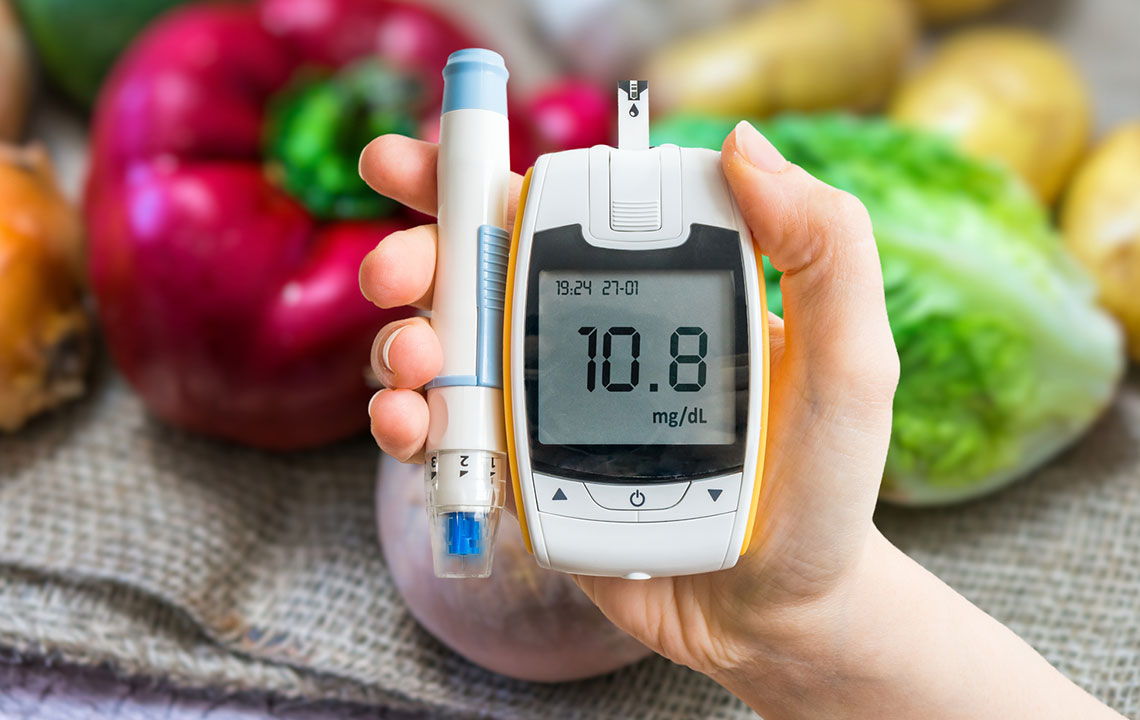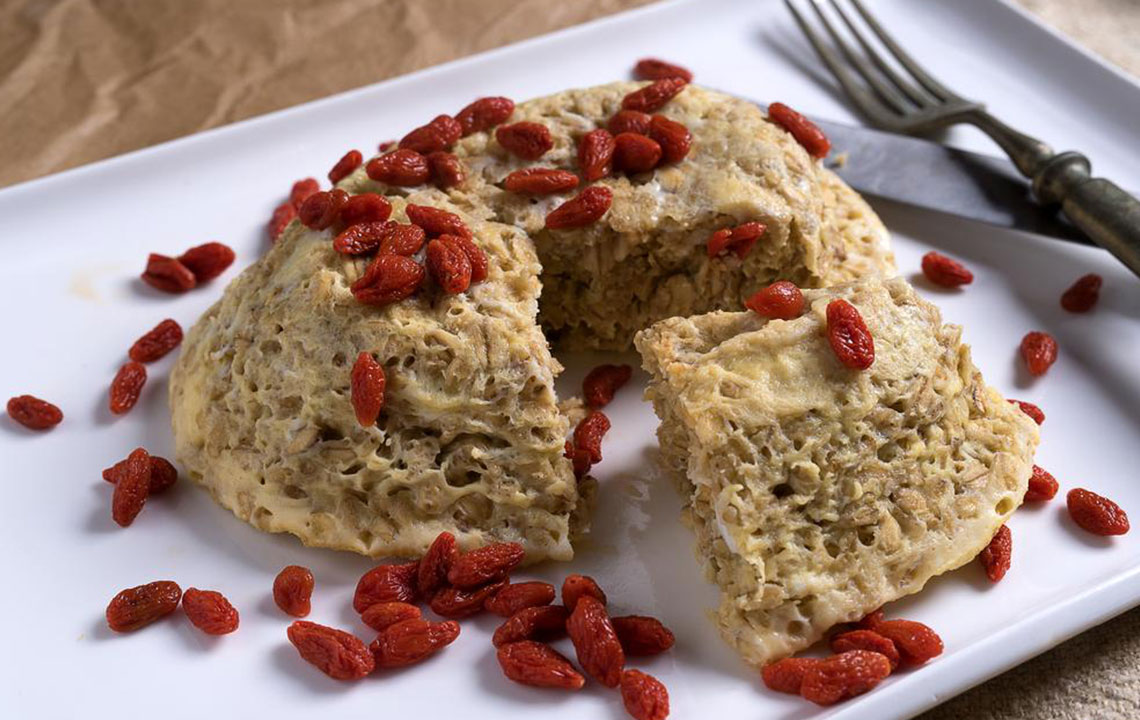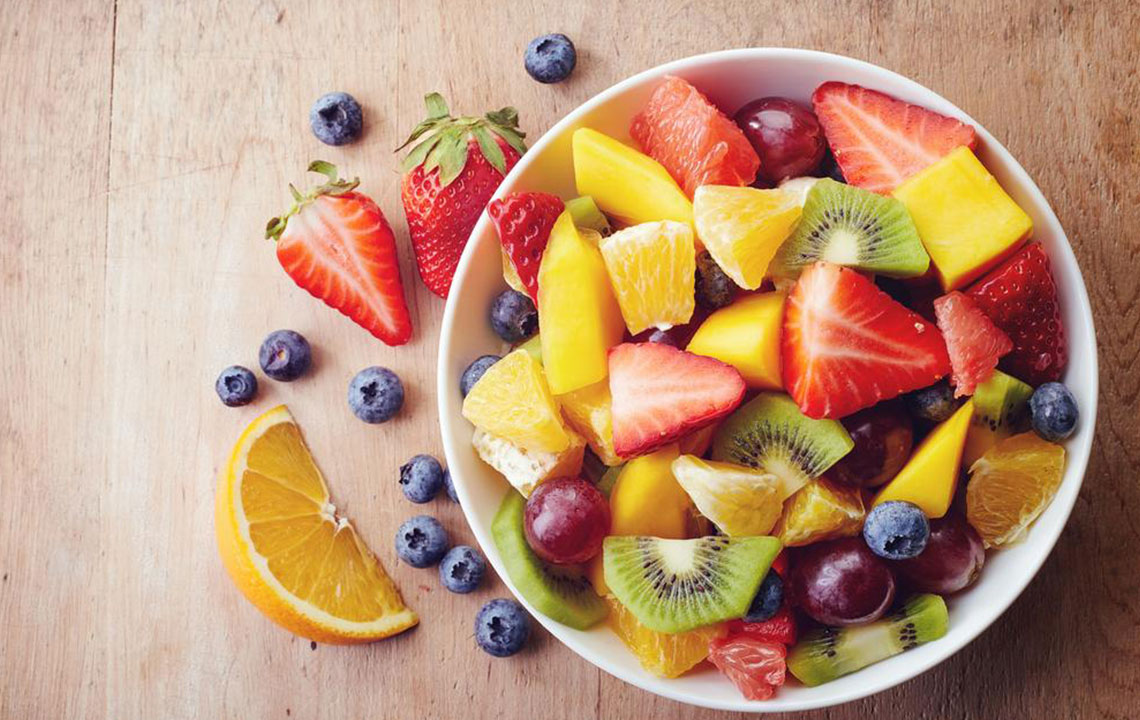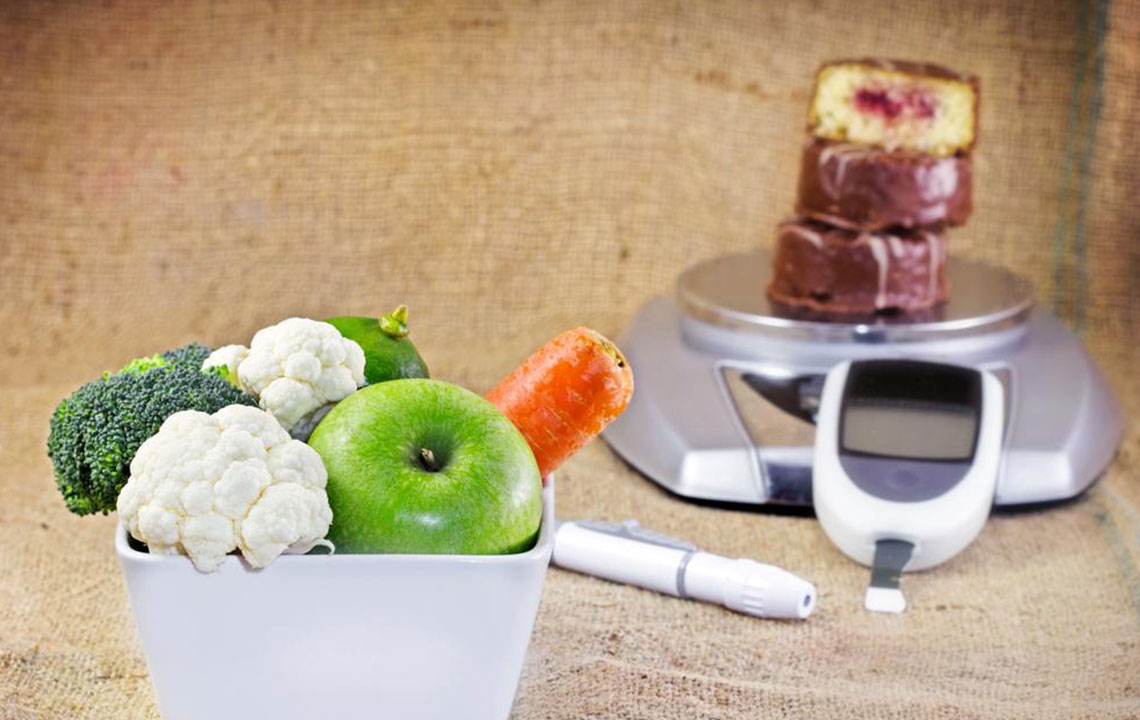Essential Dietary Guidelines for Managing Diabetes: Foods to Embrace and Avoid
Proper dietary management is essential for diabetics to maintain stable blood sugar levels and prevent complications. This comprehensive guide highlights nutritious foods to include like vegetables, whole grains, and lean proteins, while emphasizing which items to limit, such as processed grains, sugary fruits, and fried foods. Following these dietary tips supports better health outcomes and enhances quality of life for those managing diabetes.

Guidelines for Diabetic-Friendly Eating: What to Consume and What to Limit
Managing diabetes heavily depends on your nutritional choices. The foods you eat directly impact blood sugar levels and overall health. While a balanced diet is crucial, selecting the right foods for diabetes can prevent complications. This guide highlights which foods to prioritize and which to limit or avoid entirely to maintain optimal health with diabetes.
Vegetables
Vegetables are fundamental for a diabetic diet due to their high fiber content. Consume fresh, raw, steamed, roasted, or grilled vegetables, avoiding fatty dressings. Limit starchy vegetables like potatoes and corn to occasional portions. Green leafy vegetables such as spinach, kale, and arugula are excellent choices.
Choose unsalted, low-sodium canned vegetables.
Aim for about two and a half cups of vegetables daily.
Avoid iceberg lettuce, as it offers minimal nutrients.
Foods to Limit or Avoid
High-sodium canned vegetables
Cooking vegetables with cheese, butter, or sauces
Pickles and sauerkraut loaded with salt
Carbohydrates
Not all carbs are harmful; choosing healthy, unprocessed grains in moderation can benefit diabetics.
Incorporate baked sweet potatoes and whole grains like oatmeal, quinoa, millet, and brown rice.
Cook grains without added sugar or salt.
Foods to Limit or Avoid
Processed grains such as white flour and rice
Foods containing sugar and refined cereals
Fried foods like French fries, white bread, and tortillas made from white flour
Fruits
Fruits offer vital nutrients but can be higher in carbs. Choose fresh or unsweetened frozen or canned options, and avoid sugary preserves.
Opt for fresh fruits and low-sugar options
Use sugar-free jams and preserves
Choose unsweetened applesauce
Foods to Avoid
Canned fruits with heavy syrup
Sweetened fruit rolls, candies, and jams
Fruit drinks and fruit punches with added sugars
Proteins
Healthy protein sources include fish, poultry, beans, nuts, eggs, seafood, and low-fat dairy, which support stable blood sugar levels.
Incorporate plant-based proteins like beans, nuts, and tofu.
Select lean cuts of meat, avoid skin and fats.
Limit intake of processed and fried meats, and opt for cooking methods like baking or grilling.
Foods to Limit or Avoid
Fried meats, heavy-fat cuts, and processed meats like bacon
Full-fat dairy products such as whole milk, cheese, sour cream, and ice cream
Deep-fried plant proteins like tofu










